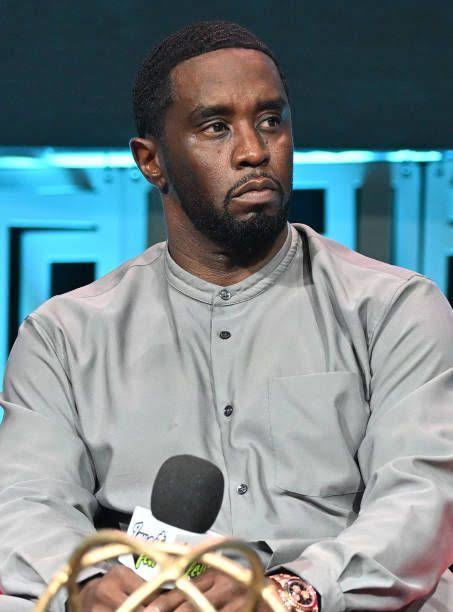
Raphael Kanu
Sean “Diddy” Combs sat quietly in a Brooklyn courtroom on Friday, facing the moment that would define the next years of his life. Once a towering figure in hip-hop and business, he listened as Judge Arun Subramanian sentenced him to four years in prison on prostitution-related charges.
The case had dragged on for months, pulling back the curtain on a life filled with power, excess, and control. Prosecutors had wanted 11 years behind bars, describing Combs as unrepentant. His lawyers had begged for just over a year, pointing to the time he had already spent in custody. In the end, the judge split the difference, imposing a 50-month sentence.
Combs, now 55, stood before the court to make his plea. His voice cracked with remorse. “I am truly sorry,” he said. “I ask your honour for mercy. I beg your honour for another chance.”
The jury had already acquitted him of the heaviest accusations—sex trafficking and racketeering—but two counts stuck: transporting people across state lines for prostitution. Those charges alone were enough to topple a music empire.
Then came the letter that silenced the room. Casandra Ventura, known to the world as Cassie, his former girlfriend, wrote of the years she endured under his shadow—years of emotional torment, physical violence, and sexual coercion. She described being forced into so-called “freak-offs,” elaborate sexual encounters with other men, orchestrated and sometimes filmed by Combs himself.
Her words were chilling: “The entire courtroom watched actual footage of Combs kicking and beating me as I tried to run away from a freak off in 2016.”
For the prosecution, it was proof that Combs had not changed. “His remorse was qualified,” argued prosecutor Christy Slavik. “It’s as though he thinks the law doesn’t apply to him.” She noted bitterly that Combs had even lined up speaking engagements in Miami before the sentencing, as if he were certain the punishment would be light.
The defence painted another picture. Attorney Nicole Westmoreland described her client as a flawed but inspirational figure, a man who had contributed to Black culture and social justice. “He’s just a human being. He’s made mistakes. It’s of no benefit to anyone to warehouse him in a prison,” she told the judge.
But it was the voices of his six children that brought raw emotion into the courtroom. They spoke not as celebrity offspring, but as children pleading for their father. Quincy Brown, his eldest, called him “a changed man.” D’Lila, one of his twin daughters, made the most emotional appeal: “Please, please give our family the chance to heal together. Not as headlines but as human beings.”
In the end, the judge was unmoved. The gavel fell, sealing Combs’s fate—four years in prison.
As he was led away, the once-untouchable mogul left behind not only a courtroom full of tears, but a music empire now overshadowed by scandal, betrayal, and the haunting words of those who once trusted him most.
